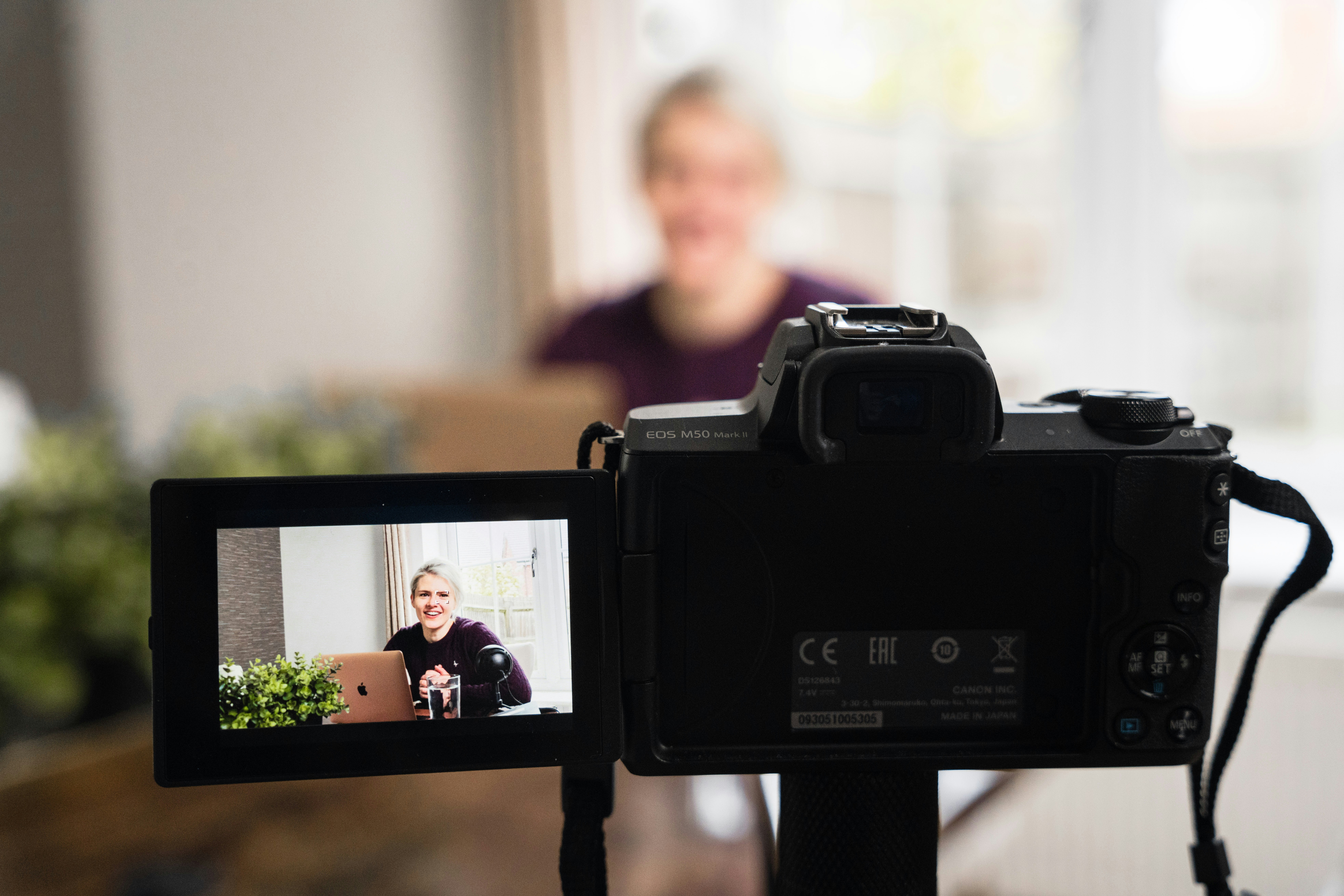
Introduction:
Reporting what others say or think is a crucial aspect of communication and storytelling. It allows us to convey information accurately while also adding depth and authenticity to our narratives. In this lesson, we will explore various techniques for reporting speech and thoughts effectively, including paraphrasing, using direct quotations, handling negatives, reporting questions, and maintaining proper word order.
Paraphrasing with Reporting Clause:
- Original: She explained that she couldn't take the job until January.
- Paraphrased: She clarified her inability to accept the job until January.
Quoting Directly: If the exact words are important or if you want to create a dramatic effect, you might opt to use direct quotations.
- Direct Quotation: "I suppose you've heard the latest news," she said.
- Direct Quotation with Reporting Clause: She said, "I suppose you've heard the latest news."
In narratives and literature, the reporting verb often precedes the subject when the reporting clause follows the quotation.
Placement of Reporting Verb:
- Example: "When will you be back?" asked Arnold.
- Or: Arnold asked, "When will you be back?"
However, with pronouns, the order differs slightly.
Negatives in Reporting: When reporting what someone didn't say or think, make the reporting verb negative.
- Original: He didn't tell me how he would get to London.
- Paraphrased: He failed to mention his plan for reaching London.
Reporting Questions:
Wh-Questions: To report a wh-question, use a reporting clause followed by a clause with a wh-word.
- Original: She asked me what the problem was.
- Paraphrased: She inquired about the nature of the problem.
Yes/No Questions: For yes/no questions, use a reporting clause followed by a clause with 'if' or 'whether.'
- Original: Liz wanted to know if/whether we had any photos of our holiday.
- Paraphrased: Liz inquired whether we had captured any photos during our holiday.
Word Order in Reported Questions: Maintain the same word order as in a statement.
- Original: "Have you seen Paul recently?"
- Paraphrased: She asked if I had seen Paul recently.
Exceptions:
-
For questions beginning with "what," "which," or "who" followed by "be" + complement, the complement can come before or after "be" in the report.
-
Original: "Who was the winner?"
-
Paraphrased: I asked who the winner was.
Avoid Using "Do" in Reported Questions: Except for negative questions.
- Original: "Why didn't you want anything to eat?"
- Paraphrased: He asked why I didn't want anything to eat.
Conclusion:
Effective reporting of speech and thoughts enhances communication and storytelling by accurately conveying information and maintaining narrative flow. By mastering techniques such as paraphrasing, using direct quotations, handling negatives, reporting questions, and maintaining proper word order, writers can elevate the quality of their writing and engage readers more effectively. Practice these techniques to become proficient in reporting speech and thoughts in various contexts.
Ready to elevate your teaching career?
Join thousands of certified educators worldwide who have transformed their careers with our internationally recognised teacher training programs.










.png)
Feedback
Total score is 2 out of 0 (25%)
C1-C2 Grammar : Effective Techniques for Reporting Speech and Thoughts
Choose the correct word.